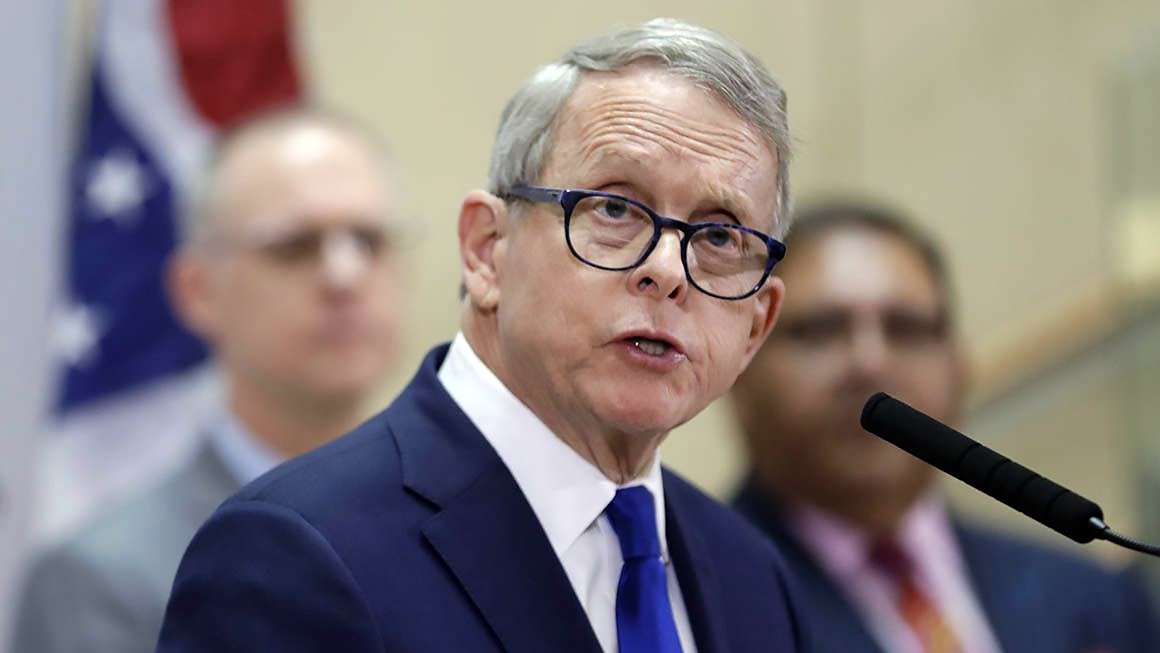"To be the first and only licensed esports gambling site in the American market proves that we’re a credible, legitimate operator"
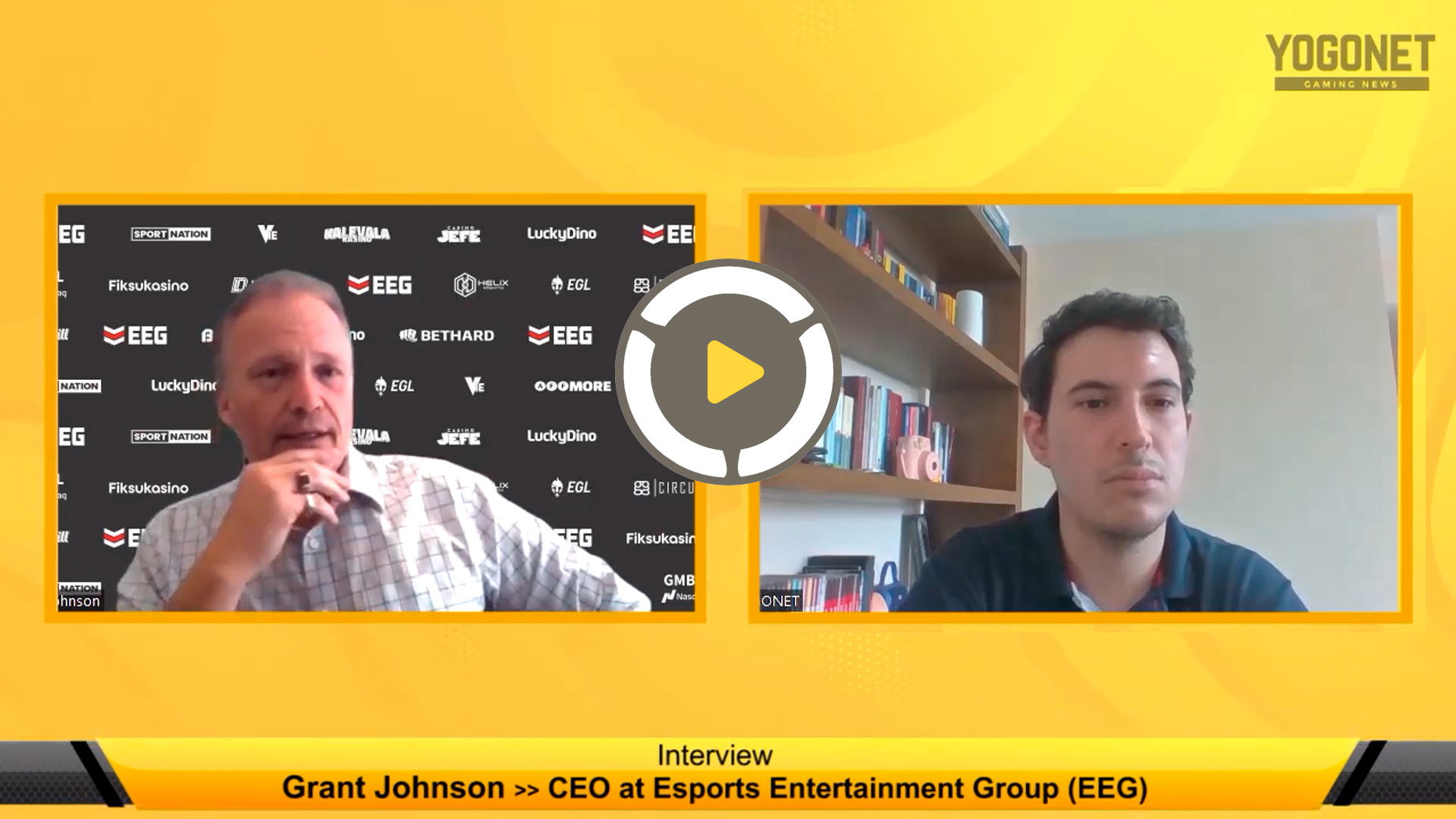
Earlier this month, New Jersey debuted its first esports betting platform: the VIE.gg esportsbook, operated by online gambling company Esports Entertainment Group. The announcement was far from being just another licensure, representing a landmark event for a number of reasons. It provides esports bettors with a legal means through which to engage with their passion; confirms the Garden State as a pioneer of online gaming and confirms EEG as a pioneer in this space, which has now become the first licensed esports gambling site in the US market.
"I think it proves to the market that we’re a credible, legitimate operator," CEO Grant Johnson tells Yogonet in an exclusive video interview. "We’ve had many conversations and calls from other groups in other states, and we’ll be able to create accurate financial modeling for what esports gambling looks like." The opportunities opened by the historic launch are mutliple, and Johnson discusses them at large.
Additionally, the executive talks about a second landmark event that also finds EEG at its center -the first sanctioned skill-based wagering event, a Madden tournament held in Hard Rock Atlantic City-, as well as the key features of the company's player-versus-player betting product. EEG invited 8 casino operators, and its internal objective is to have a casino agreement in place before fall. Lastly, the CEO discusses how the esports betting industry is advancing in the country, and what to expect next from this growing segment.
The company has now launched its esports betting platform in New Jersey, a first for the state. What can you tell us about this landmark event?
Getting through the regulatory process to be the first, and currently the only, licensed esports gambling site in the American market had its own challenges. When you are first doing anything, it’s always a little bit more difficult.
New Jersey has always been an innovator in online gambling: they led the charge to get online sportsbooks approved, and that’s changed everything in the market. Thankfully, they had that commitment to getting through this process, because there are a lot of things we learned along the way that we didn’t expect.
We got through, and now we’re up. What does that mean for us? I think it proves to the market that we’re a credible, legitimate operator. We now have five tier-one licenses, but more importantly, for the American market, we have a US license.
Has that opened other opportunities? Yes. We’ve had many conversations and calls from other groups in other states; we’ve presented and participated in the State of Ohio, where we were instrumental in getting esports added to their regulatory framework. We have excellent partners in Ohio, and there are other states we’re talking to.
We will now have an opportunity to market unrestricted in the state of New Jersey, and we’ll be able to create accurate financial modeling for what esports gambling looks like, because nobody really knows. We all believe that there’s a lot of gray market activity that takes place. So we know there’s a demand, but we don’t know how big it is. We will know that now.

Going to the specifics of the new esportsbook, what are the main features of the product and what options does it give to users?
It functions the same as a sportsbook, the software platform is the same. It has over/under, there’s a handicapping system… And this will allow for fans of esports betting for the first time to wager on their favorite games; their favorite players; their favorite teams in live tournaments.
We’ve also had some of the publishers in direct conversation with the DGE, which is why we’re able to add a Call of Duty and Overwatch league to the mix. We do know that games like Madden, FIFA, and 2K are very popular in the United States, so we’re looking at additional titles.
Being first makes us more credible and attractive to the publishers as well. They don’t have any need to take any chances if they’re going to do something in gaming. They want to make sure they’re dealing with a transparent, credible operator.
What this will also allow us to do is see which titles are the most popular with the American gambler. We’re going to learn which is the biggest title in the North American market with the site.
New Jersey is unique, because it has Philadelphia in the south and New York in the north, so not only it is the 11th biggest state by population - it has the benefit of being geographically desirable because of those two big markets, which are right there. We’re going to be able to open the market up to pent-up demand.
There are a lot of gray market bettors right now, and we believe that given the choice of a credible site, a substantial number of those people would rather deal with a licensed platform that is protecting them. Because they’ve got the DGE, the SEC, looking up for their best interest.
Because it is a sportsbook license, we will probably, in the future, bring our sportsbook platform in as well. But we’ll be esports-first versus what you see today. Sportsbooks have their product first, and they’ll offer a couple of line extensions on some DOTA and League of Legends. Sports will be the line extension for us.
What impact do you expect this historic launch, and the growing interest in esports betting, to have in other jurisdictions? Will they take notes from this launch?
We’ve already had some regulatory bodies from other states reach out to us to ask us if we could come and testify at hearings, as they’re exploring what esports look like, and if it should be added to the sports gaming regulatory framework. Our CFO and our head of strategy presented twice in Ohio.
Being now recognized by one of the leaders in the sportsbooks market - that puts us above our peers. When these regulatory bodies consider adding esports, they reach out to us. We’ve had three other states reaching out to us; regulators in those states. We expect more of that going forward.
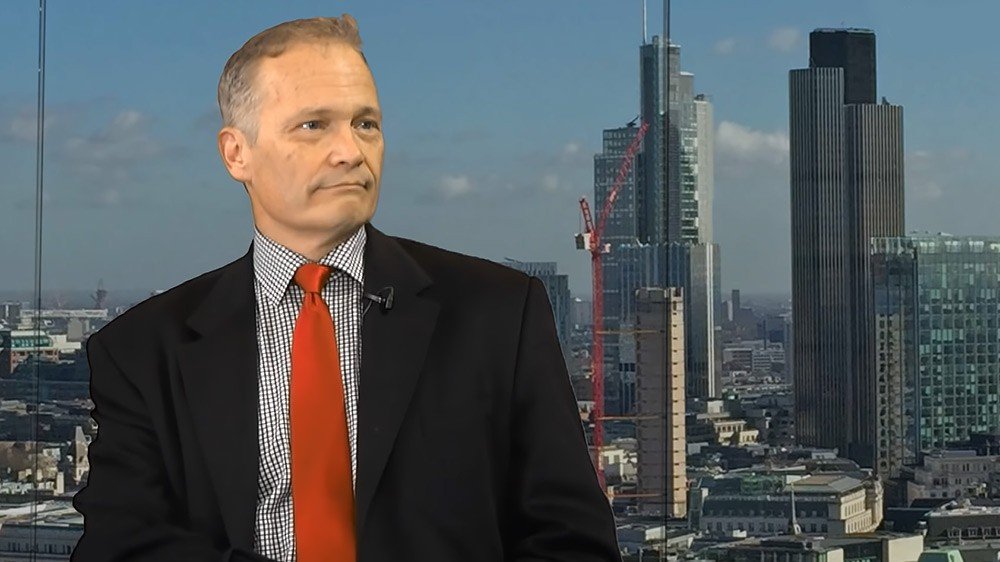
If we talk about big gaming states, we must mention Nevada. Last month, the Esports Technical Advisory Committee had its first meeting. What’s your take on this new entity, and what role do you expect it to play?
One of our staff members -our head of strategy- presented. Obviously, Las Vegas is, the biggest location - it’s the mecca of gaming in the North American market. It is a key market, and it factors very heavily in our future plans. That’s about as specific as I can get right now.
In regard to other markets outside the US, you have mentioned the opportunity of expanding to Ontario, which has now launched its market. Can you tell us about this market in particular, and others where the company is looking at opportunities?
Ontario is a big landmark. As far as the Canadian market is concerned, I believe it is the most important in the country. Given that we just launched in New Jersey, we’re just getting started there. But of course, Ontario would be, for the Canadian market, the most important jurisdiction for us to look at.
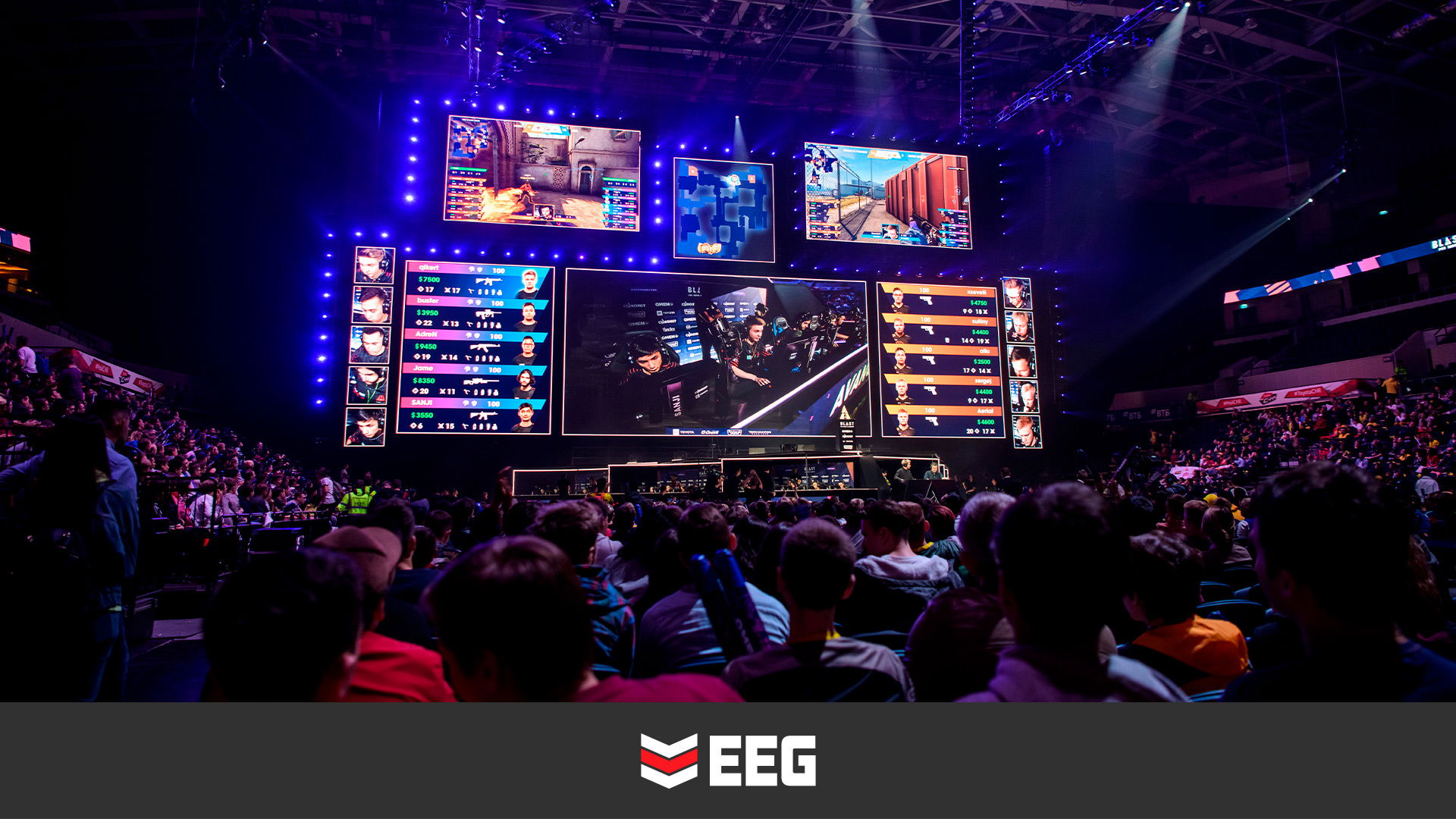
Another recent landmark achievement for the company in New Jersey was the first sanctioned skill-based wagering event, which was held in Hard Rock Atlantic City. What would you describe as the main takeaways from this event, and what was the reception of the new LANDuel platform like?
There are a lot of very encouraging takeaways. Number one, we learned that gamers want this type of product. It’s easy to understand - I’m gonna play Madden with you, and we’re gonna bet 25 on it. I don’t have to understand the over/under; or what’s the spread. I’m not betting on somebody. It’s not a gambling product but a betting one, so it’s regulated differently and you don’t need a gambling license.
We took extra steps because we felt that this was a product that casino operators would find interesting to bring to their venues. And what we learned at the event was that the players will come, because they came. We had about 400 people sign up immediately to come out to the event.
Unfortunately, the weekend we picked was during the Final Four in March Madness, and all the hotel rooms were up. That was great for Atlantic City, but it made it difficult for some gamers, who drove in from Ohio to participate. That was a logistical challenge that was difficult to overcome - we wouldn’t necessarily try to go head-to-head with the biggest college sporting event.
But the players liked it. The only complaint they had was that they didn’t like being restricted to only being able to bet 25 a match. That surprised us - in a positive way, of course, because as a gaming and betting company you want to be able to allow players to bet what they want. We felt with the DGE that it was prudent to sort of cap it at 25 initially, just so that we could get a better feel of what was going on.
Players didn’t have to bet themselves. They’re playing in a tournament, and the betting was optional, all the way through. Some of the players tried to make 500 side bets, but it was a regulated event in the casino and the DGE was present, so we clearly couldn’t allow that. But we were encouraged that there was an appetite.
We invited eight casino operators down to come to see the event, and then had a meeting to talk about the product. The operators thought for themselves that this was a product that was interesting to the under-30 crowd. They’re not getting this crowd back, and that was what they’ve been trying to figure out - how they get that younger demographic into their physical venues.
Because it’s not just betting - they stay in hotel rooms, they buy food, they watch a show. There are a lot of economic trickle-down elements to having this very lucrative demographic in their casinos. So I saw firsthand that of the eight casinos that came out, all eight operators want to follow up, and that was very encouraging.
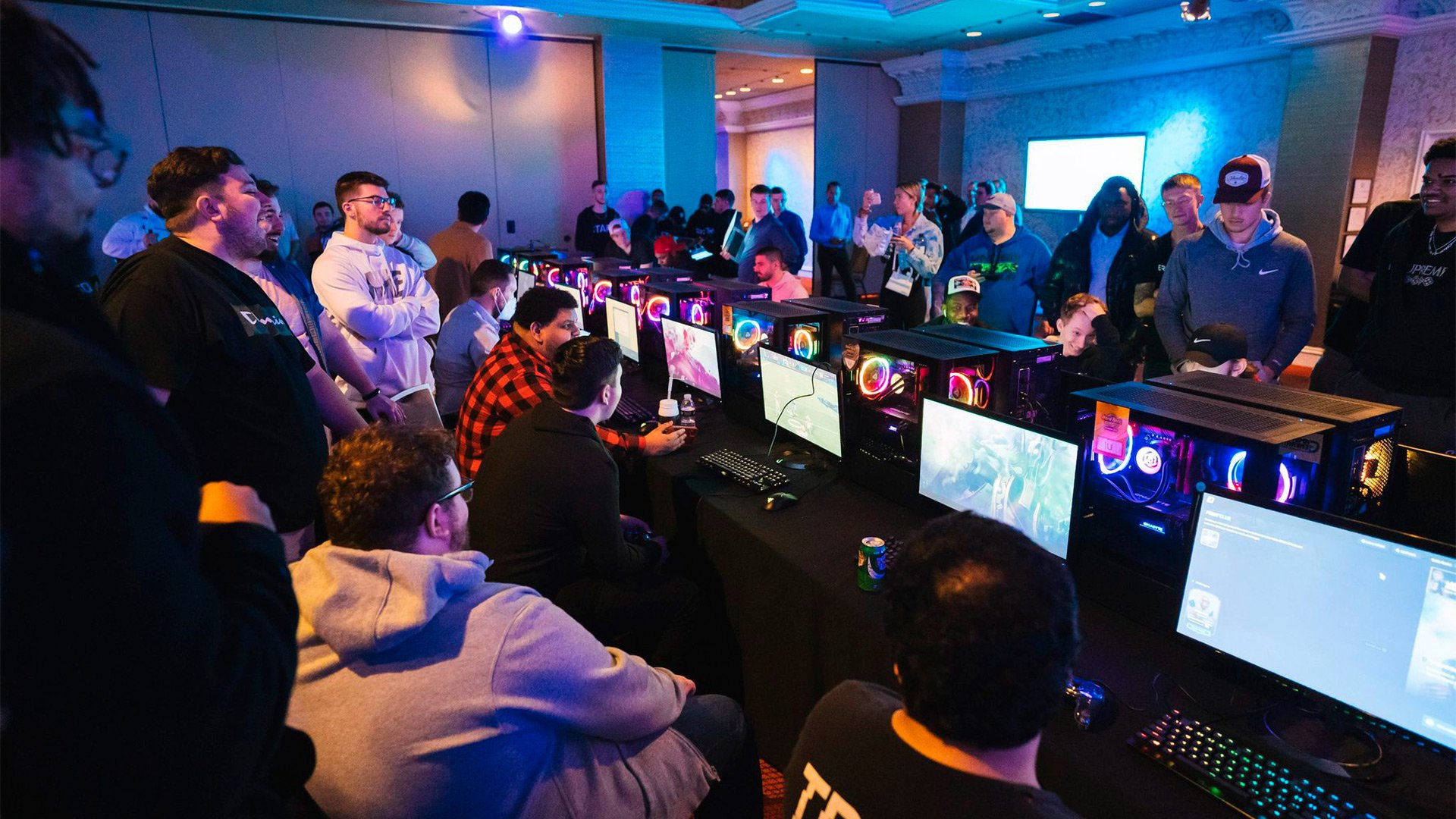
What is next for the LANDuel platform in general and in regards to integrations with the Hard Rock casino in specific?
We are following up with the operators who came. They want to see some of the mathematics, what this looks like on the economic side… What happens if they have a 40-station gaming room or a 100-station gaming room, and just sort of walk through how that could be installed, and how quickly could they get trained and operational.
I would say our objective is to have a casino agreement in place before fall. That’s our internal objective. I’m not saying that there’s a contract on the table - there isn’t as of today’s date, but that’s our internal objective.

Do you still believe esports betting will become as big as sports in 10 or 15 years? And what role do you expect the company, having entered this space so early, to play within this landscape?
Yes, I believe it will get on the same par as sports betting, but it’s going to take some time. There were some fairly wild numbers being thrown around the last couple of years about how big esports betting is, but nobody really knows how big it is yet. But we’ll have some hard numbers to work with here over the rest of this calendar year.
That said, if we look back in time five years ago, you know how many universities had esports teams? Zero. And now you have over 200 institutions of higher learning that have esports varsity teams. They have intercollegiate teams. And approximately 100 of those schools have scholarship programs.
High schools now have esports and gaming rooms. That’s the critical path; that’s the ecosystem that’s going to build the industry. As those gamers and their fans get older and they graduate, they get jobs, they have more disposable income. That’s when esports is going to start to get on par with sportsbooks.
Do I think it’s two years? Not a chance. Do I think 10 years? Maybe. 15 years start to get more realistic, possibly as long as 20, but it’s going to happen. The gaming industry is already bigger than music and movies, so it’s already got a huge footprint. There are three and a half billion people that consider themselves gamers.
It’s a massive audience; they just have to get comfortable and used to following certain teams that have relevance to them. We’re starting to see more leagues stationed in cities, with more structure to those leagues, and we’re starting to see college and university teams, with the student body that follows them…
It’s a whole system that has grown. You can’t just magically make a boom. It has to mature as the audience matures. So it’ll get there; I absolutely believe it. Clearly, we’re committed to it. I think the faster-moving product, though, will be the skill-based product; the player-versus-player product. I think that’ll get there more quickly.
But the two are key elements to what will make for a healthy industry, and we have the pole position on both. We’re the first for the esports gambling license, and the first with a player-versus-player platform that’s been approved by a recognized regulatory body.
Watch the full video interview with EEG CEO on our YouTube channel.





